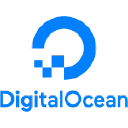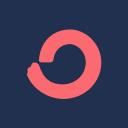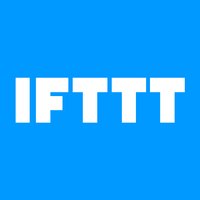I Built A Free Platform Helping Front-End Developers Ace Technical Interviews [800+ Users]
I’m Manu and I like to call myself a software engineer (because I love solving problems).
I’m building my solo web development agency at Aceternity - where I design and develop websites for businesses. I’ve been building software for over 6 years now, ranging from mobile applications, Websites, HHT devices, and even hardware. The idea is to solve problems as creatively as possible - helping people along the way and enjoying the process myself.
The product that I love the most is Algochurn - this is what I’m going to talk about today. Algochurn helps front-end developers ace technical interview rounds. It comes with a curated list of front-end and algorithmic problems that are presented in a real-world setting (with a code editor, compiler, and preview options). The end users are people who are seeking front-end jobs. I help them prepare for front-end machine coding interview rounds.
Currently, the website hosts 800+ registered users. I don’t charge them anything, it's a completely free platform for users to come and practice. I built it for myself and then opened it for the world to experience.





















